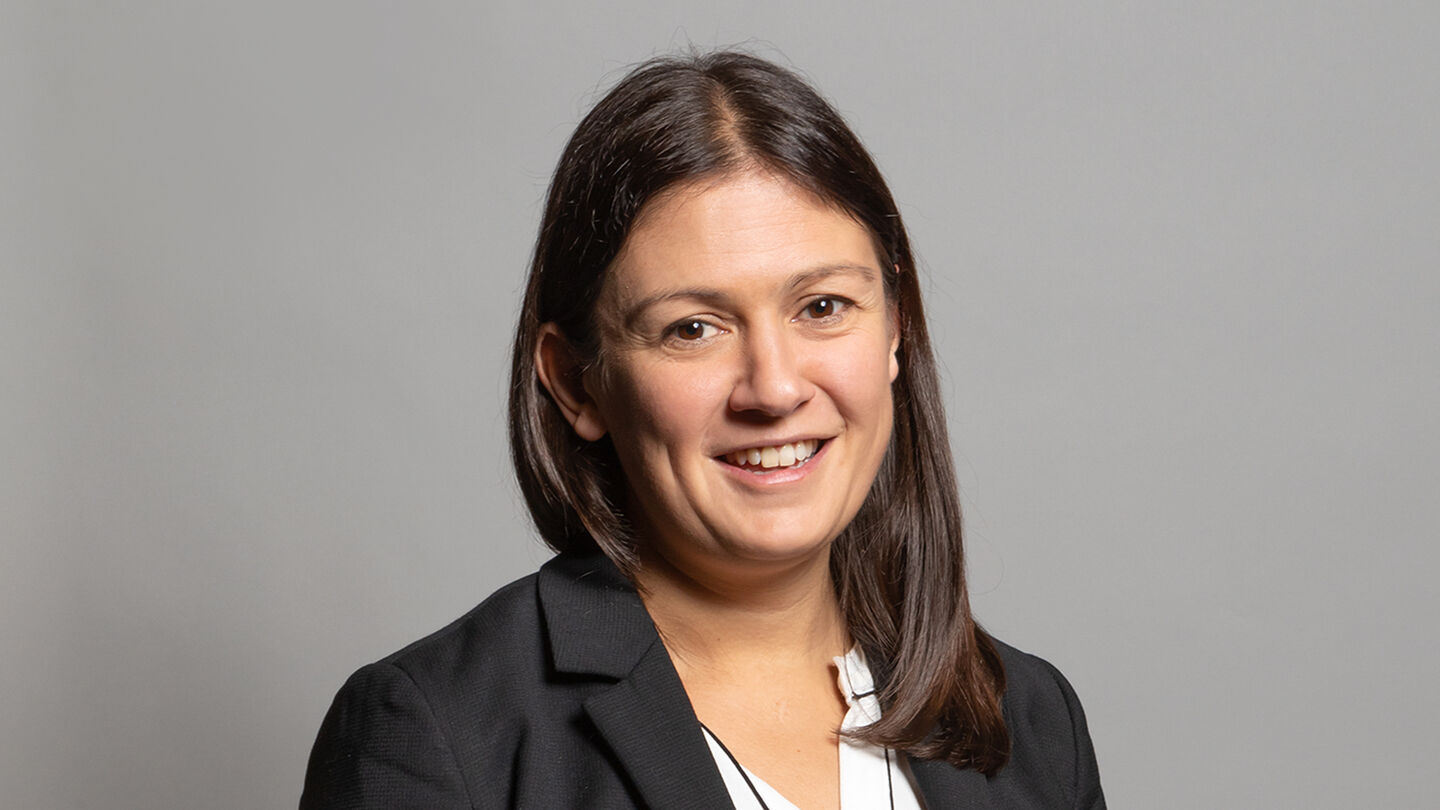The UK government has launched a consultation looking at how copyright-protected material can be used to train AI models.
The consultation, which runs for 10 weeks until February 25, aims to support growth across both sectors by ensuring protection and payment for rights holders and supporting AI developers to innovate responsibly.
The government said it wants to bring legal certainty to the creative and AI sectors over how copyright-protected materials are used in model training.

Key areas of the consultation include boosting trust and transparency between the sectors, so rights holders have a better understanding of how AI developers are using their material and how it has been obtained.
The consultation also explores how creators can license and be remunerated for the use of their material, and how wide access to high-quality data for AI developers can be strengthened to enable innovation across the UK AI sector.
Currently, uncertainty about how copyright law applies to AI is holding back both sectors from reaching their full potential, said the government.
This uncertainty can make it difficult for creators to control or seek payment for the use of their work, and creates legal risks for AI firms, stifling AI investment, innovation, and adoption.
“After previous attempts to agree a voluntary AI copyright code of practice proved unsuccessful, this government is determined to take proactive steps with our creative and AI sectors to deliver a workable solution,” said the government, announcing the consultation.
The consultation is proposing introducing an exception to copyright law for AI training for commercial purposes while allowing rights holders to reserve their rights, so they can control the use of their content.
The consultation also proposes new requirements for AI model developers to be more transparent about their model training datasets and how they are obtained.
Secretary of State for Science, Innovation and Technology, Peter Kyle, said: “The UK has an incredibly rich and diverse cultural sector and a groundbreaking tech sector which is pushing the boundaries of AI. It’s clear that our current AI and copyright framework does not support either our creative industries or our AI sectors to compete on the global stage.
“This is all about partnership: balancing strong protections for creators while removing barriers to AI innovation; and working together across government and industry sectors to deliver this.”
Secretary of State for Culture, Media and Sport, Lisa Nandy, said: ”This government firmly believes that our musicians, writers, artists and other creatives should have the ability to know and control how their content is used by AI firms and be able to seek licensing deals and fair payment. Achieving this, and ensuring legal certainty, will help our creative and AI sectors grow and innovate together in partnership.”
Read more US writers call on Hollywood studios to take action against AI firms
You are not signed in
Only registered users can comment on this article.

WBD mails definitive proxy statement to finalise Netflix merger
Warner Bros. Discovery (WBD) will hold a special meeting of shareholders to vote on the merger with Netflix on March 20, 2026. In the meantime, WBD has begun mailing the definitive proxy statement to shareholders for the meeting.

Sky's talks to acquire ITV slow down
Talks by Sky to acquire ITV’s broadcast channels and streaming platform have slowed in recent weeks, according to a report by Reuters.

Bytedance pledges to rein in Seedance AI tool
Chinese technology giant ByteDance has pledged to curb its controversial artificial intelligence (AI) video-making tool Seedance, following complaints from major studios and streamers.

Digital switch-off prospect nullifies Arqiva’s value
Arqiva’s main shareholder has admitted that its holding of the transmission company might be worth nothing.

Warner Bros Discovery mulls re-opening sales talks with Paramount
Warner Bros Discovery is considering reopening sale talks with Paramount Skydance Corp, according to a Bloomberg report.




